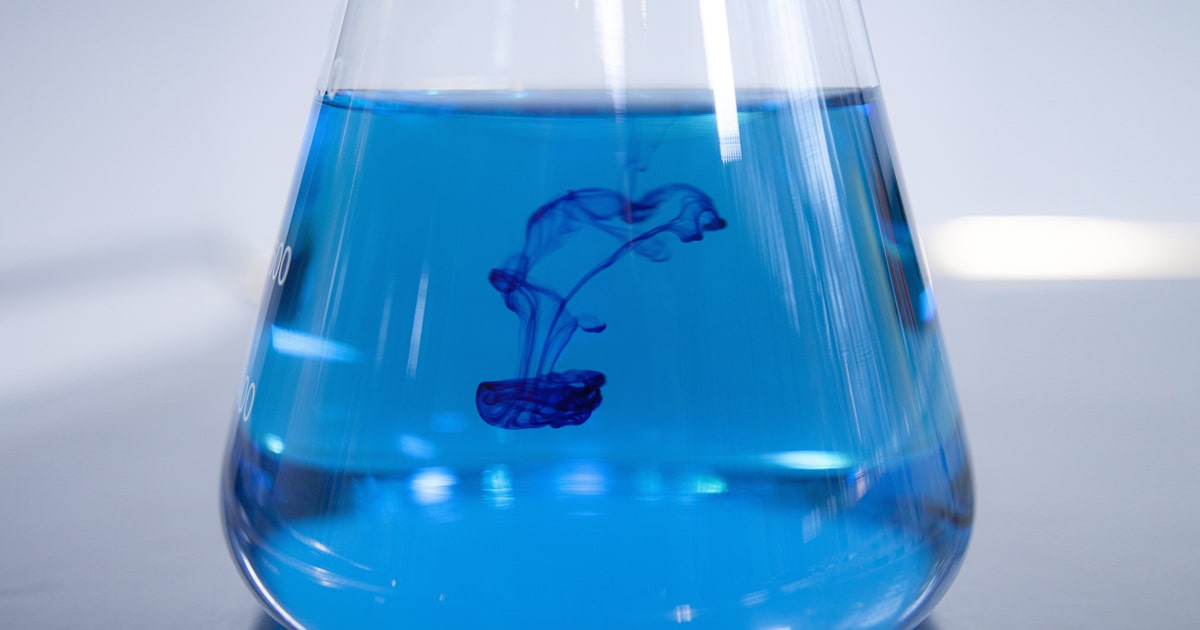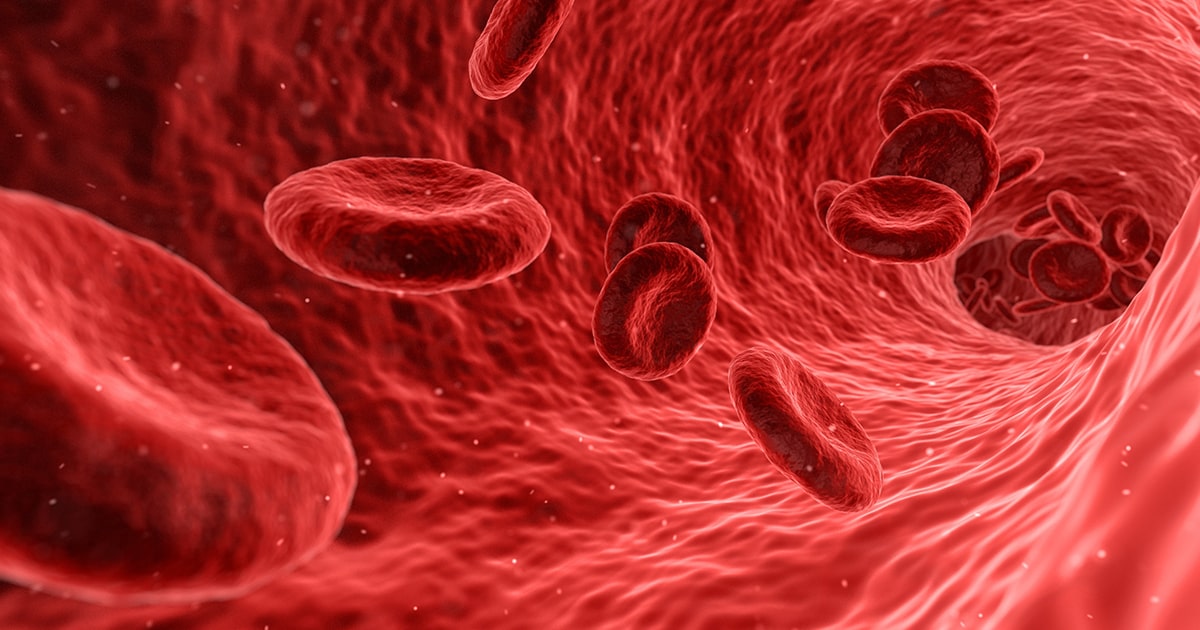Methylene blue is a synthetic compound that has a long history of clinical use. First synthesized in 1876, methylene blue was originally used as a textile dye. However, it wasn’t until the early 20th century that methylene blue began to be used for its medical benefits. Today, methylene blue is most commonly used as an antioxidant and anti-inflammatory agent. It is also used to treat certain types of cancer. Let’s take a closer look at some of the benefits of methylene blue.
Methylene Blue as an Antioxidant
Methylene blue is a powerful antioxidant. Antioxidants work by scavenging free radicals—unstable molecules that can damage cells and DNA. Free radicals are produced naturally by the body as a byproduct of metabolism. However, exposure to environmental toxins, such as cigarette smoke and air pollution, can also increase levels of free radicals in the body. High levels of free radicals have been linked to chronic diseases, such as cancer and heart disease. Methylene blue helps to neutralize free radicals and prevent cell damage.
Methylene Blue as an Anti-inflammatory Agent
Methylene blue is also known for its anti-inflammatory properties. Inflammation is a natural response of the immune system to injury or infection. However, chronic inflammation has been linked to a number of serious health conditions, such as heart disease, arthritis, and diabetes. Methylene blue helps to reduce inflammation by inhibiting the release of certain pro-inflammatory mediators, such as cytokines and histamines.
Methylene Blue and Cancer Treatment
In addition to its antioxidant and anti-inflammatory properties, methylene blue has also shown promise in the treatment of cancer. Methylene blue inhibits tumor growth and metastasis by inducing cell death in cancer cells. It also sensitizes cancer cells to radiation therapy. Methylene blue is currently being studied as a possible treatment for several types of cancer, including breast cancer, brain cancer, and ovarian cancer.
Methylene blue is a synthetic compound with a wide range of clinical uses. It is most commonly used as an antioxidant and anti-inflammatory agent. Methylene blue has also shown promise in the treatment of cancer. If you are considering using methylene blue for its medical benefits, be sure to talk to your doctor first.





